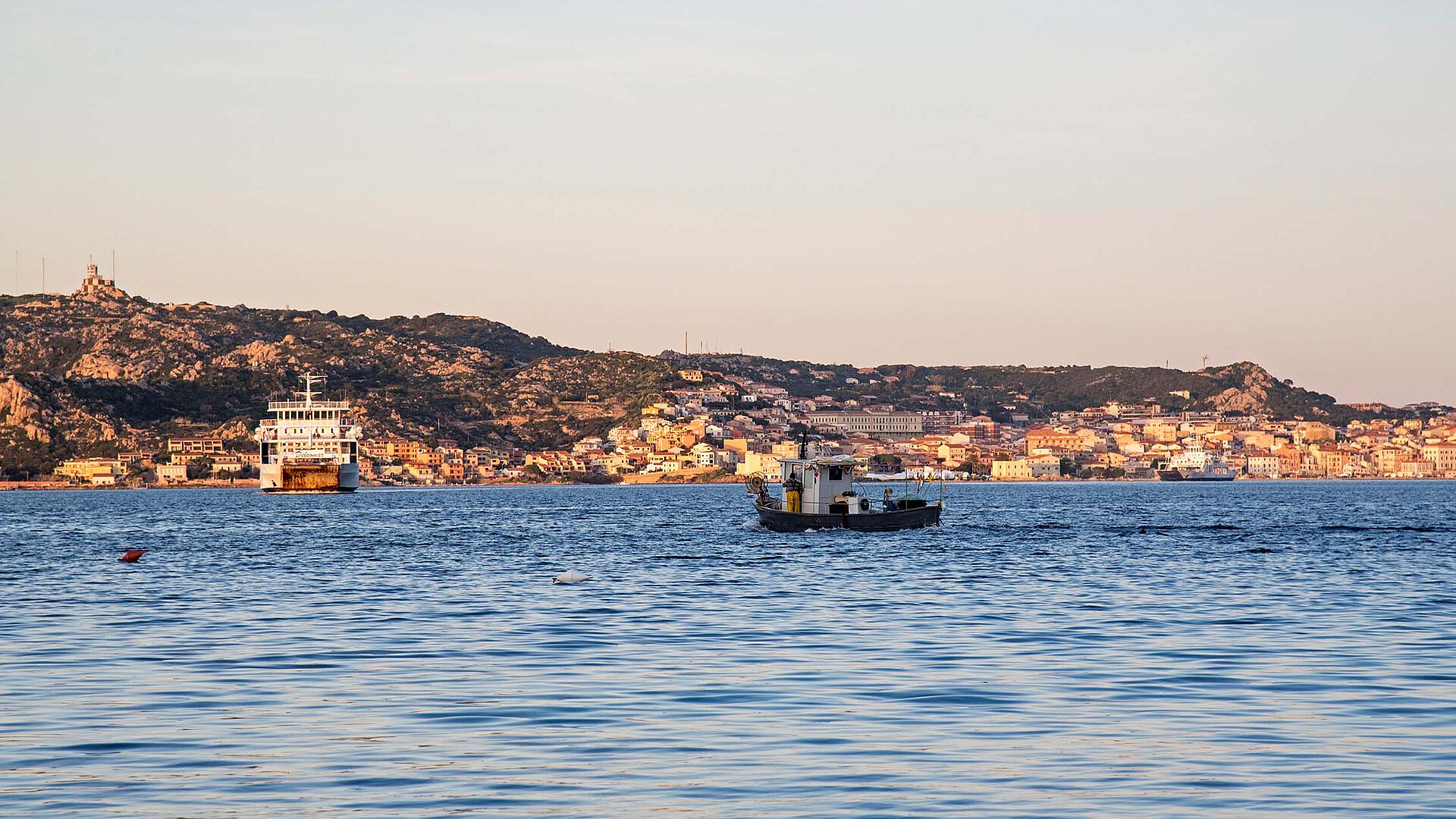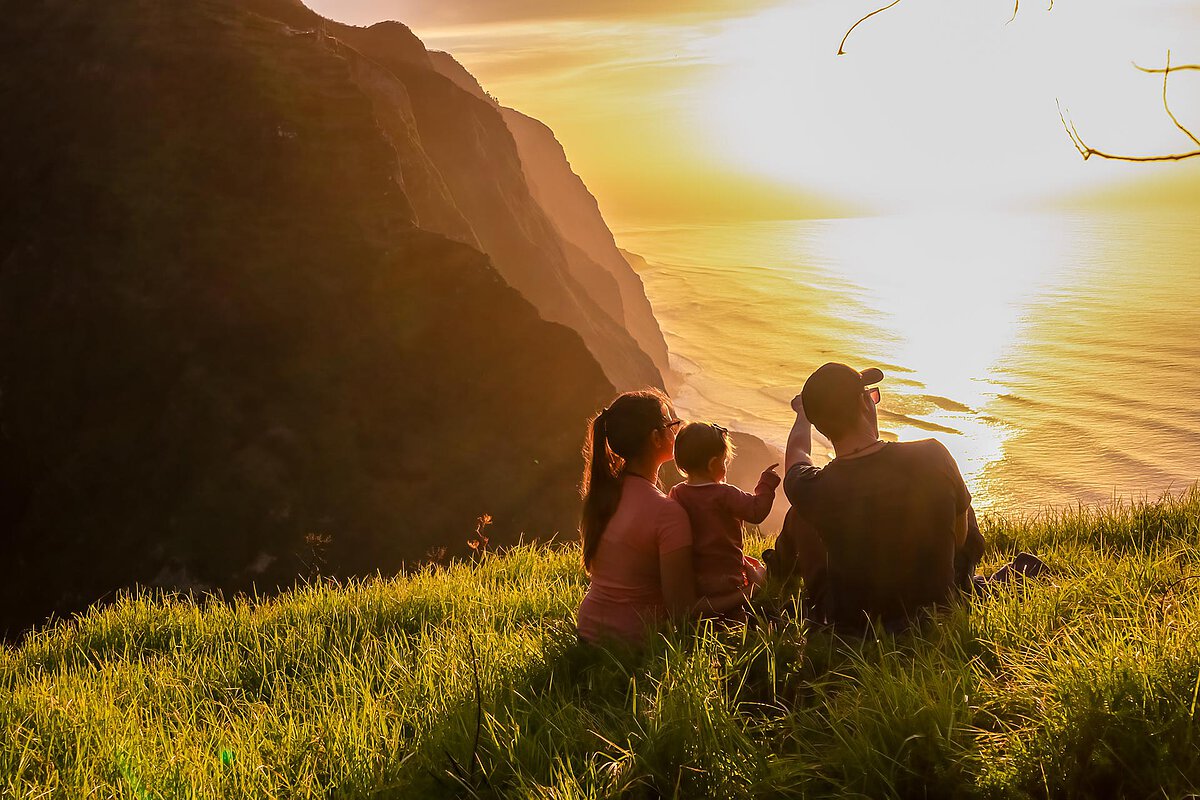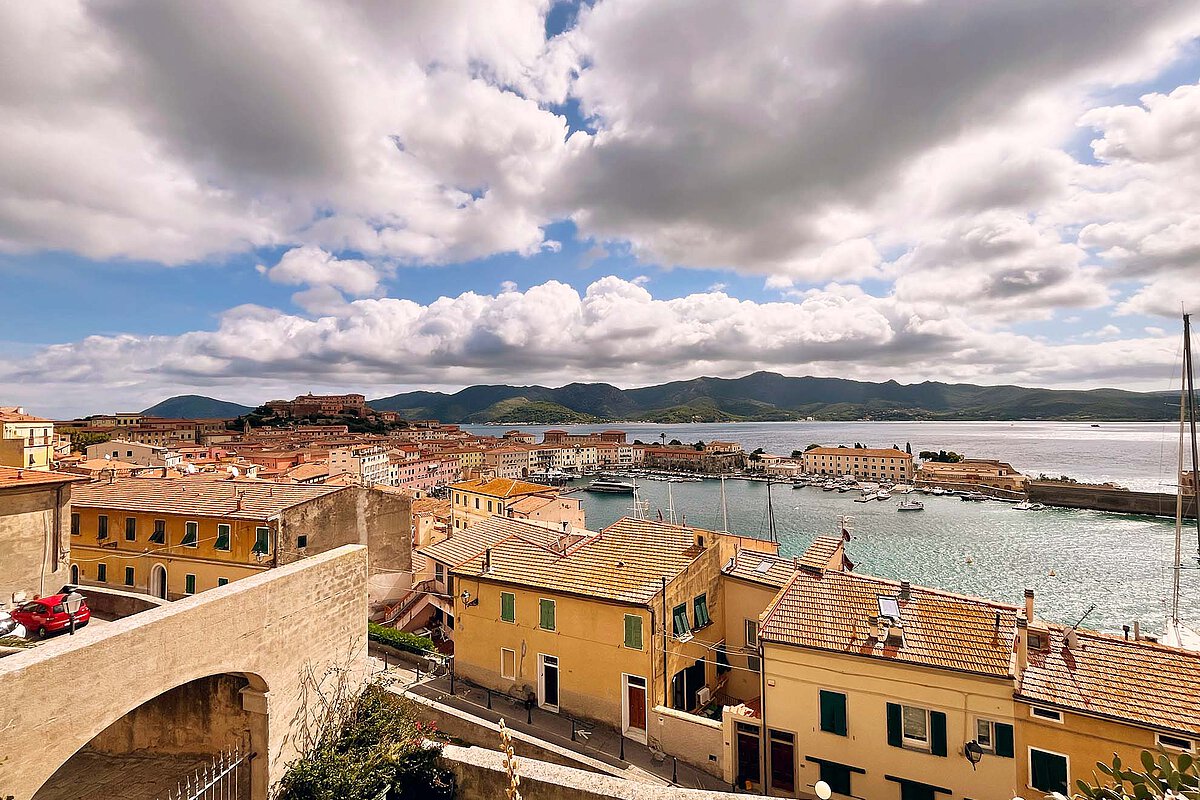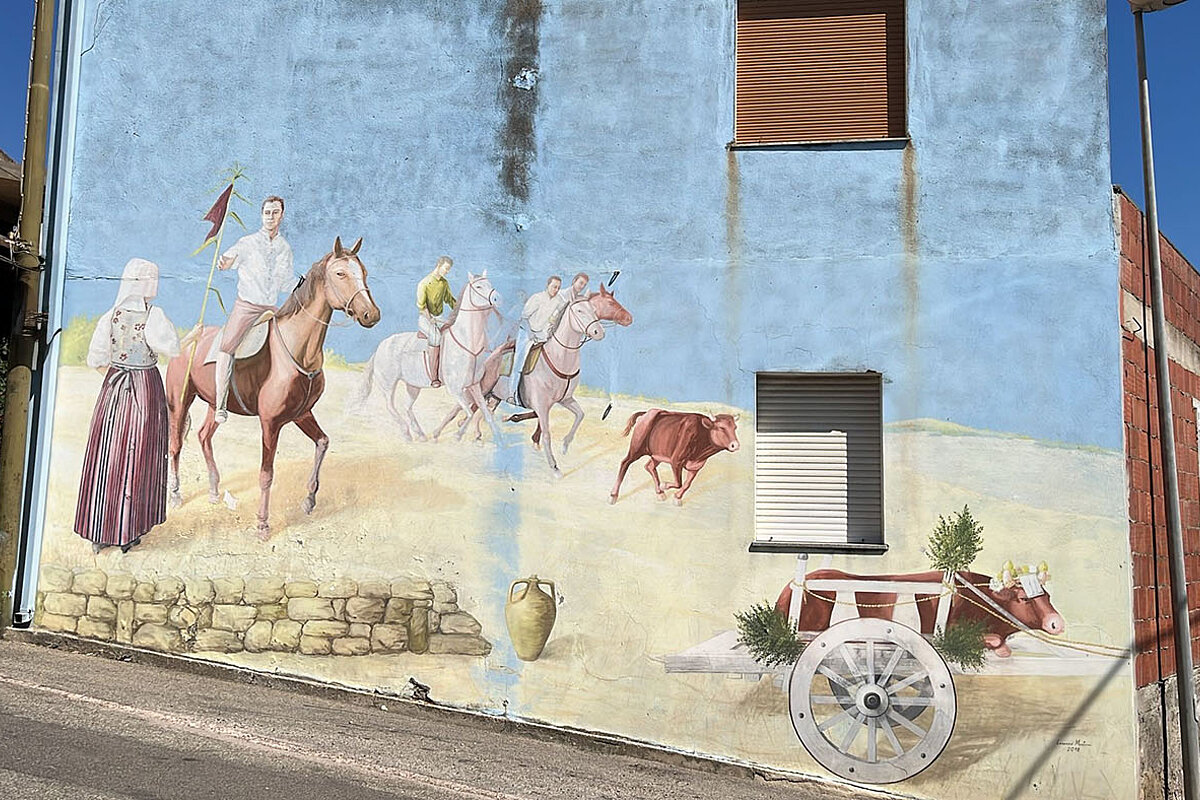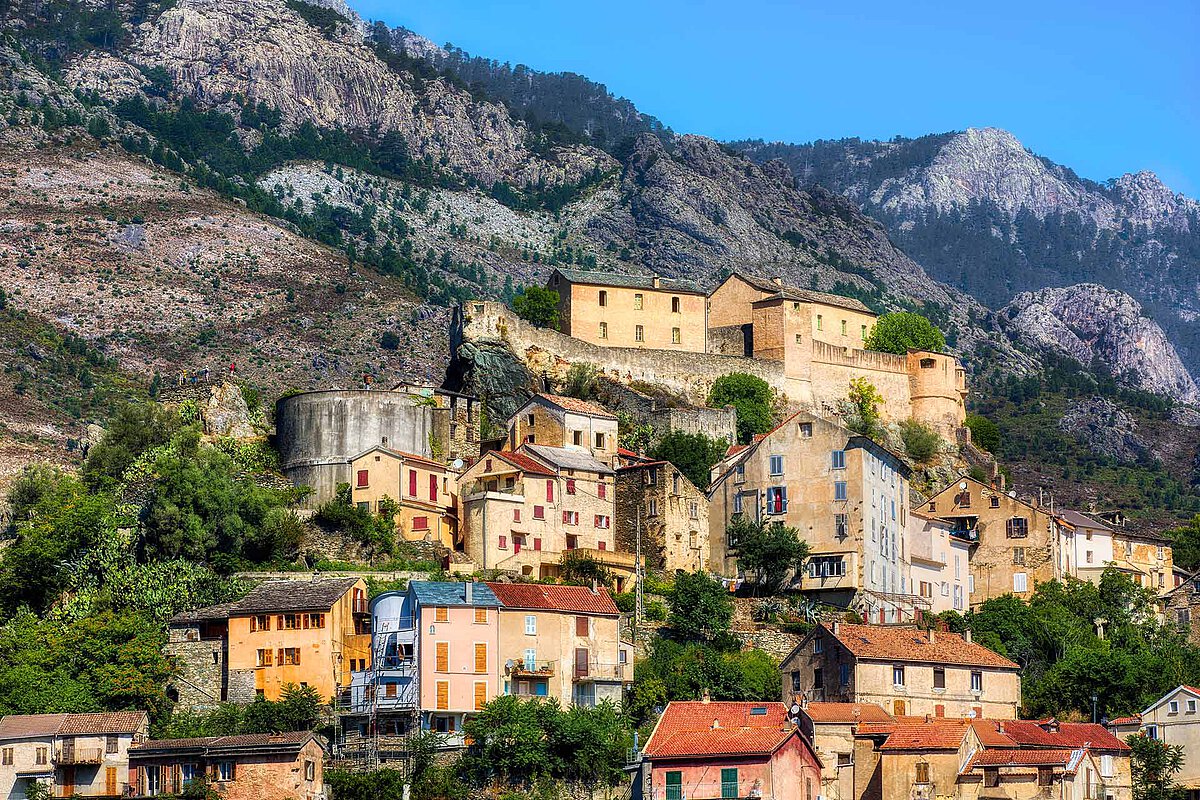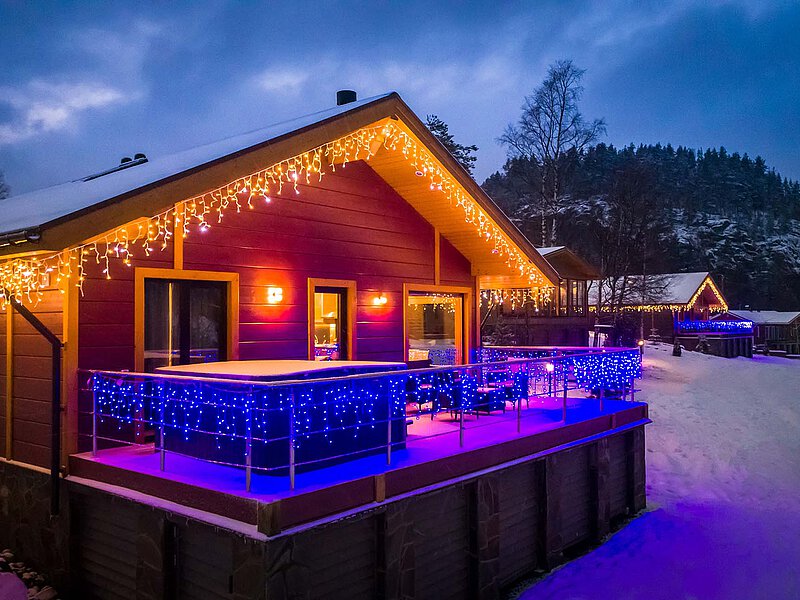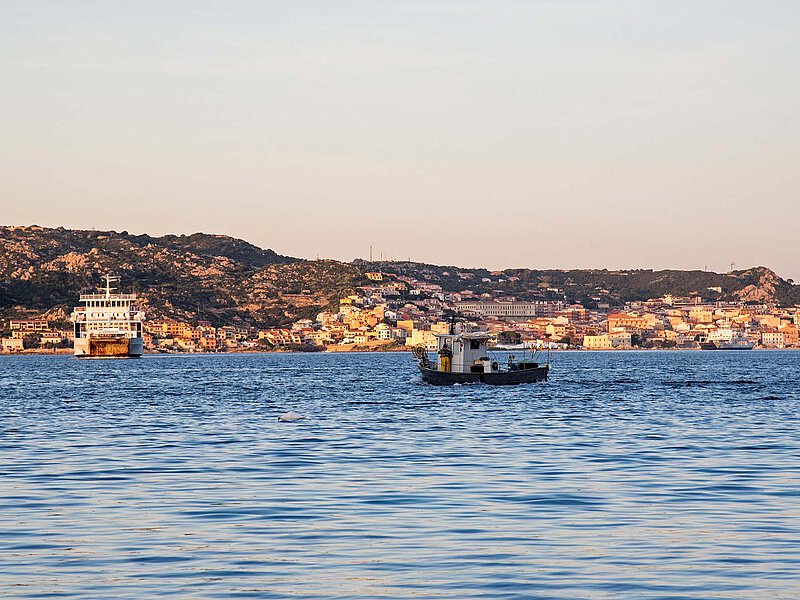Islands and the mainland: Where Distance Becomes Meaning
In brief
Islands live between connection and solitude. They belong to the continent yet feel apart from it — separated not only by water, but by rhythm, light, and a sense of time that runs differently. This thin line between belonging and distance gives island life its quiet magnetism and perhaps explains why a few days on an island often feel like weeks somewhere else.
The Word “Continent” — and Everything It Isn’t
Across Europe, islanders say the continent as if it were another world. In Sardinia or Elba, it means Italy. In the Canaries, it means Spain. In Corsica, France.
It’s a way of naming “the others”… those who live where the ferries come from.
Linguists trace this expression back to the Latin continere, “to hold together.” The continent is what stays connected; the island is what remains slightly apart.
But maybe this distance isn’t loss, it’s preservation. On islands, traditions, dialects, and gestures survive because they’re not diluted by the rush of the mainland. You can still find a baker who knows your name, a shepherd who walks the same path his father did, a fisherman who fixes his nets at dawn.
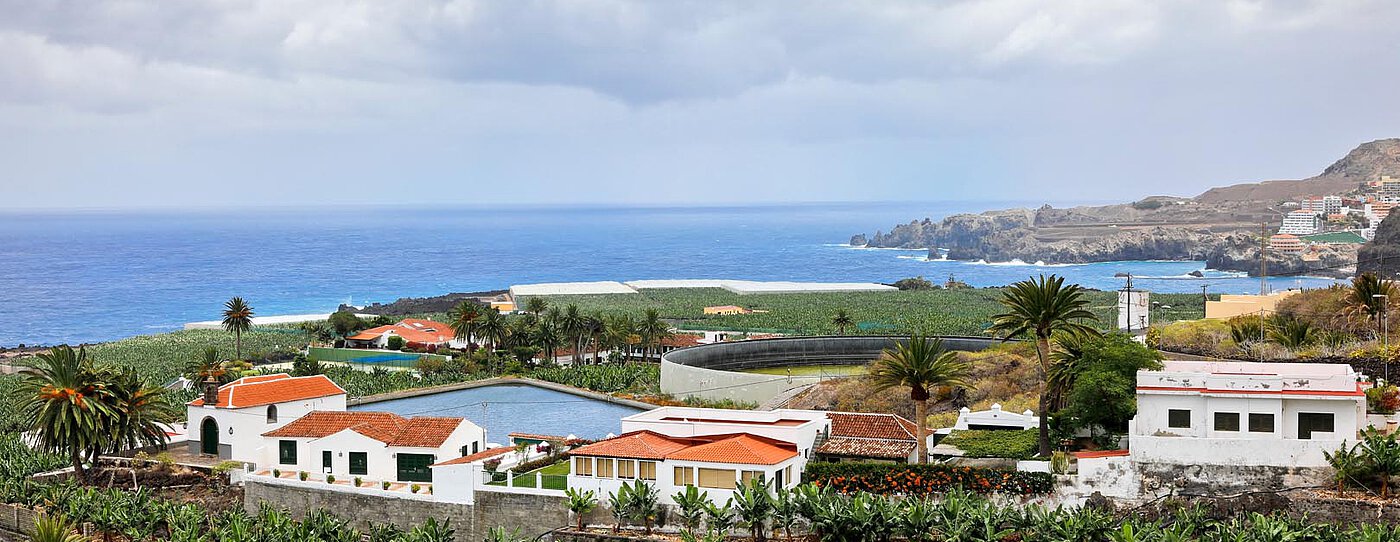
The Bridge Between Worlds
Islands remind us that connection doesn’t mean sameness. They belong to larger nations, but their culture whispers in its own accent.
The Art of Being Apart
There’s something humbling about island life. Everything depends on arrival: the boat, the weather, the tides.
And yet, that fragility creates resilience. Islanders learn patience: when the ferry is late, the sea wins. When the wind blows wrong, plans pause.
That slower rhythm is what many travelers come searching for without knowing it. On the mainland, time is linear — trains, schedules, notifications. On an island, it expands; the day breathes differently. The same hour can hold more silence, more sky.
In 2025, the ecological sustainability index for Italy's minor islands was 46.8%. Among the most virtuous were San Pietro Island (62%), Capri (61%), Sant'Antioco (57%), and the Tremiti Islands (55%). These results reflect ongoing efforts in energy use, waste management, and nature protection.
Source: Legambiente & CNR-IIA, 2025
Islands as Lessons in Proximity
The irony of islands is that their isolation brings people closer. Communities depend on each other; doors stay open longer.
When visitors arrive, they’re noticed — not as tourists, but as part of a fragile balance between sea and land. A stay on an island teaches that sustainability isn’t an abstract word, it’s necessity. Waste has to leave by boat. Food must be local. Energy depends on sun and wind.
That’s why rural stays on islands: from Sardinia to Madeira, from the Hebrides to the Azores — are not just escapes, but microcosms of how the world could live lighter.
Field Notes: Island stays worth the pause
Each of these places can be reached without flights from mainland Europe… and each reminds that islands are not far, only slower.
The Bridge Between Worlds
Islands remind us that connection doesn’t mean sameness. They belong to larger nations, but their culture whispers in its own accent.
Visiting them is a way to cross — not only the sea, but a boundary of perception.
Perhaps that’s the real bridge between island and continent: to step away just enough to see the familiar again. To understand that distance can protect beauty, and slowness can deepen belonging.
Farm stays and guesthouses on islands like Sardinia, Corsica, Crete, Madeira, and the Azores offer more than views… they offer perspective. Each stay supports local families, preserves traditions, and keeps rural life alive where the sea still shapes every morning.
Frequently asked questions
They use it to describe the land across the sea — the part that stays connected.
For islanders, the continent isn’t just geography, it’s a rhythm: faster, louder, always moving. Saying “the continent” is a quiet way of marking difference, not distance.
Time flows differently; life moves slower and more locally.
Ferries, winds, and tides shape daily life — so people adapt. Things happen when they can, not when they must. That slowness, for visitors, feels like relief.
Often yes, because distance forces awareness.
Most islands depend on local food, renewable energy, and limited waste. Staying on an island reminds travellers how fragile (and precious) balance can be.
Sardinia, Madeira, the Azores, Elba, and Corsica offer genuine slow-living experiences.
Each has rural stays where days start with birds, bread, and sea light — not alarms. The journey there is part of the reward.
Choose train-to-ferry routes instead of flights whenever possible.
Reaching Elba from Tuscany or Sardinia from Civitavecchia can be part of the holiday itself. It’s slower, yes… but that’s exactly the point!
More inspirations
In Which European Country Is New Year’s Eve the Most Beautiful?
Italy, Austria and Denmark offer the most beautiful rural New Year celebrations in Europe. Italy brings warm food traditions, Austria blends snow and…
Islands and the mainland: Where Distance Becomes Meaning
Islands live between connection and solitude. They belong to the continent yet feel apart from it — separated not only by water, but by rhythm, light,…
Short Breaks, Big Impact: Why Small Escapes Matter
Not every holiday needs to stretch over a week. Two or three days away can be enough to reset, reduce stress, and notice what daily life often hides.…

